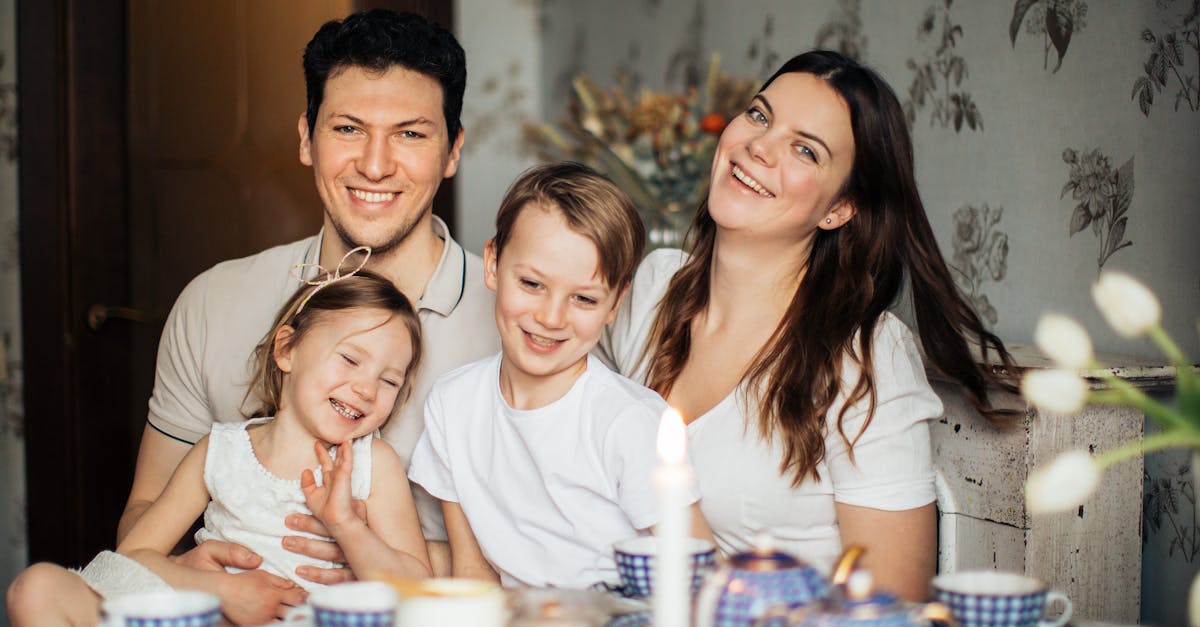The First Sounds of Adventure
Remember the first time your baby cooed or babbled? It seemed like music to your ears, didn’t it? That’s the beginning of a fantastic journey from babbling to fully-formed words. It might seem like a long trip, but it’s filled with milestones, and yes, adorable (if nonsensical) baby talk. Every ‘goo’ and ‘gah’ is a step towards saying ‘Mama’ or ‘Dada’. The key here is to listen intently and respond, turning it into a two-way conversation. Before you know it, those sounds start to form the foundation of language.

Decoding Baby Babble
Baby babble isn’t just cute; it’s the first sign of language development. Around six months, you’ll start noticing patterns. This isn’t random—your baby is practicing! By engaging with them, repeating sounds back, and adding new ones, you’re helping pave the way for their first words. It’s like they’re the scriptwriters, and you’re the audience giving feedback. The more you interact, the richer their vocabulary becomes, even at this early stage.
 *Note: The image is not displayed in the text above but is linked for reference.
*Note: The image is not displayed in the text above but is linked for reference.
The Power of Naming
Never underestimate the power of naming everything around your baby. ‘See the dog? That’s a dog.’ This might feel silly, but it’s actually a critical step in language learning. By constantly introducing new words and associating them with objects, you’re expanding your child’s understanding of the world. It’s like every day is a vocabulary lesson, but more fun and with lots of pointing.

Songs, Stories, and Conversations
Introducing your child to a world of songs, stories, and constant conversation pays off. Singing slows down language, making it easier for little ones to discern sounds and words. Storytime brings words to life, showcasing their rhythm and how they fit together in sentences. And conversations, even if it’s about the color of the sky, develop crucial listening and speaking skills. Think of yourself as a tour guide, showing your child the wonders of language.

The Leap to Language
The leap from babble to actual words often happens so seamlessly, you might miss it if you blink. One day it’s ‘ba-ba‘, and the next, ‘ball‘. It’s a period of rapid growth and change. Your role? Be an enthusiastic cheerleader. Each new word is an achievement worth celebrating, encouraging your child to keep exploring and using their newfound skills. This phase is filled with trial and error, so patience and encouragement are key.

End of content
Navigating the Frustration Phase
With greater attempts at communication come greater frustrations—both for you and your little one. Misunderstandings are common, leading to tears and tantrums. Here, your patience is crucial. Encourage attempts at words, clarify gently, and celebrate partial successes. It’s a tricky phase, but viewing it as a sign of progress rather than a setback can make it less daunting. Remember, every word is a step forward on this exciting journey.
Celebrating Milestones, Encouraging Progress
Every child’s language development journey is unique, and comparing milestones only adds unnecessary stress. Celebrate the victories, whether it’s a new word or a correctly formed sentence. Sharing these successes encourages your child and reminds you of the progress made. Keep the journey light, filled with laughter and learning, and you’ll both enjoy the adventure from babble to words.
Encourage your readers to share their milestones and tips in the comments below, fostering a community of support.

